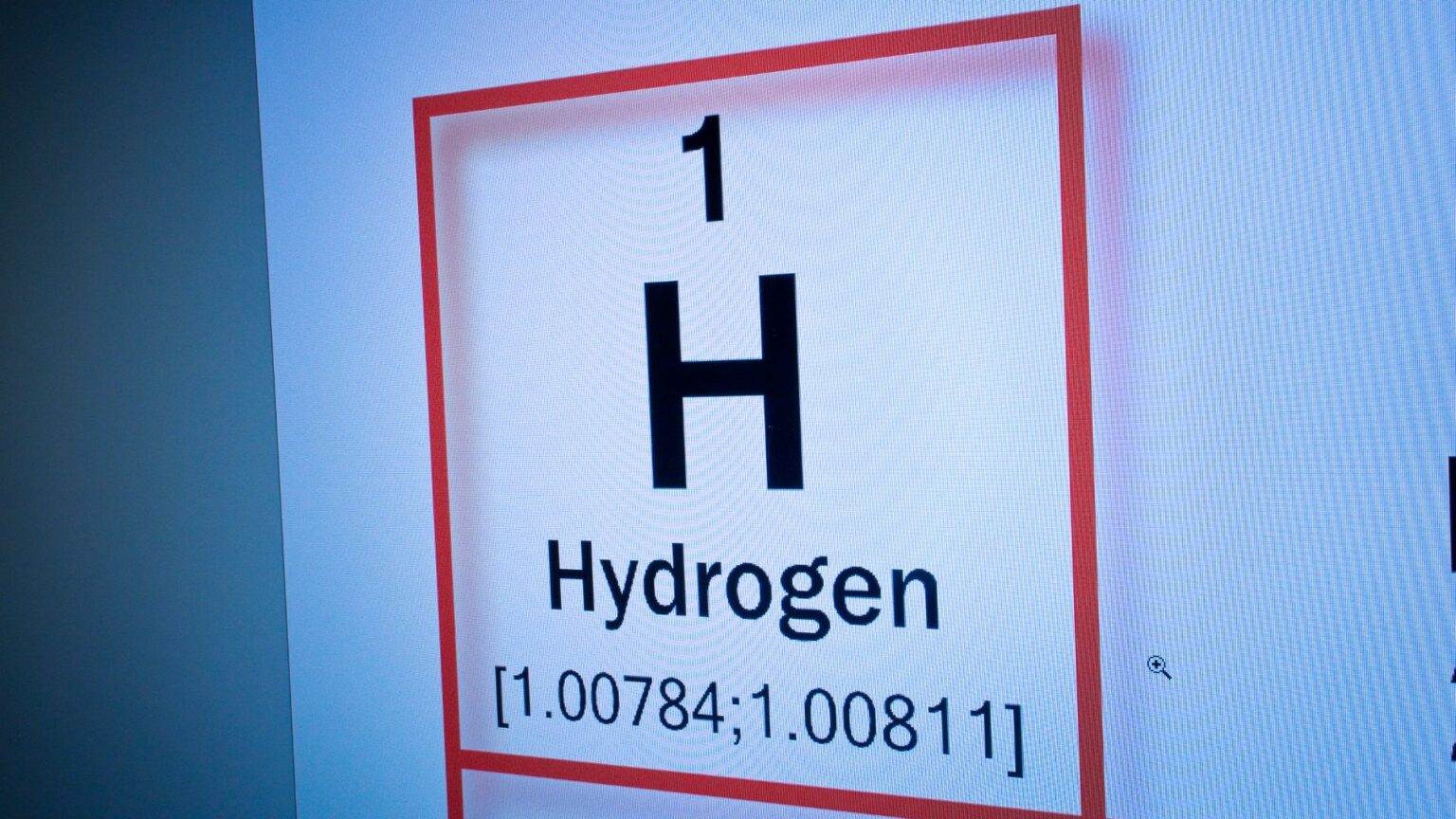Mexican government, led by President Andres Manuel Lopez Obrador, has ordered the state energy company Pemex to immediately assume temporary control of a privately-operated hydrogen plant owned by France’s Air Liquide.
The decree, signed by President Obrador, declares the hydrogen supply from Air Liquide’s plant a “matter of public interest,” marking a notable tightening of state control over the country’s energy market.
President Obrador, in power since December 2018, has been actively increasing state influence in the energy sector. Citing the Mexican Constitution, the recent decree emphasizes that the hydrogen plant, situated within one of Mexico’s largest refineries, should be promptly occupied by TRI, the refining arm of Pemex. The government’s justification hinges on the claim that reliance on third parties for hydrogen supply puts the production of gasoline and diesel at risk. Additionally, the economic viability of the deal with Air Liquide is questioned, further prompting state intervention.
Mexico’s dependence on external sources for hydrogen has raised concerns within the government, leading to the assertion that the deal with Air Liquide is not economically favorable for Pemex. The specifics of the occupation duration and the compensation plan for Air Liquide remain undisclosed. The move signifies a bold step towards securing control over critical energy resources.
Energy lawyer Julia Gonzalez notes that declaring an asset a “matter of public interest” is a step away from expropriation, although not an immediate result. Drawing parallels with previous cases, including the takeover of Grupo Mexico’s railway earlier this year, suggests a pattern of government intervention in strategic sectors.
Under former President Enrique Pena Nieto, TRI had entered a 2017 agreement with Air Liquide, aiming to supply hydrogen for refinery operations over two decades. The collaboration was designed to reduce costs for the state-owned company. However, President Obrador, known for his resource nationalist stance, has frequently clashed with major corporations, particularly in the energy sector.
The government’s move raises questions about the balance between public interest and private enterprise. The lack of clarity regarding the duration of Pemex’s control and compensation mechanisms adds to the uncertainty. Both Air Liquide and Pemex are yet to respond to requests for comments, leaving the industry and investors eager for insights into the unfolding situation.





